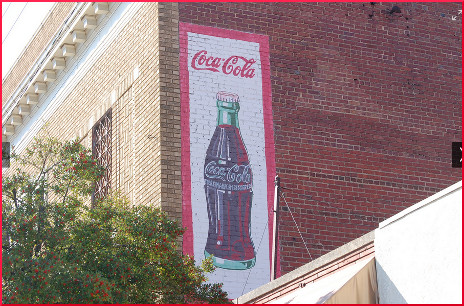
Heavy tax was imposed on tobacco products with the rationale that money has to come from somewhere to pay for the damage caused by their use. Similar attempts have been made to recoup the costs associated with sugar-sweetened beverages, with not much success. In fighting the advent of tax on their product, the tobacco industry set some very obstructive precedents. As Michael Jacobson of the Center for Science in the Public Interest (CSPI) has said:
It’s all the same playbook, isn’t it? You lobby. You make campaign contributions. You buy advertising. You threaten to move your plant. You use your workers as lobbyists.
There was a movement to tax SSBs in Maine in 2008, which the beverage industry spent more than $3 million to quash. The following year, New York state tried for an 18% tax, and the industry spent more than $12 million to defeat the effort. A special report from the Reuters news service describes it:
PepsiCo said the tax could affect its decision on whether to move more than 1,000 bottling jobs to Connecticut. The governor withdrew the proposal, and the company decided to keep its headquarters in New York. Labor unions had joined the attack because they worried about losing the Pepsi jobs.
Legislators were not ignored, but received donations to help them make up their minds about whether a soda tax was a good thing to vote for. They decided that it was not, and PepsiCo renewed the lease on its plant through 2015.
Individually, 24 states were considering similar measures, but nobody got anywhere with the idea except Washington state, where in 2010 the legislature approved a tax of 2 cents per can just before they broke for vacation. The soda industry sprang into action, pulled $16 million from its deep pockets, and sponsored a referendum campaign. Their television ads (bending the truth) told the citizens that numerous other grocery items would also be taxed, and 60% of the people voted against the soda tax.
The CSPI website offers a “Liquid Candy Tax Calculator” so that people from different states can envision how much new revenue would flow in. But this paragraph by Rebekah Wilce of PR Watch is disturbing:
As of 2009, according to the New England Journal of Medicine, 33 states already have sales tax on soft drinks, but the taxes (mean tax rate 5.2%) ‘are too small to affect consumption and the revenues are not earmarked for programs related to health.’
If the basic concept is to use the tax collected on obesogenic drinks to alleviate the medical consequences of obesity, why did those states not require that the money should be spent for that specific purpose? That doesn’t make any sense at all.
In 2009, when a national soda tax was proposed, the American Beverage Association spent more than $18 million to dissuade the American people from letting it happen. The soda tax bill died in committee.
In Philadelphia, Wilce says, the American Beverage Association gave Children’s Hospital $10 million for its anti-obesity program. This ploy of “strategic philanthropy” has been a favorite tactic of the tobacco industry, too. Was it only coincidental that Philadelphia’s proposed soda tax didn’t fly?
Your responses and feedback are welcome!
Source: “Special Report: How Washington went soft on childhood obesity,” Reuters.com, 04/27/12
Source: “ALEC and Coca-Cola: A “Classic” Collaboration,” PRWatch.org, 10/12/11
Image by Donald Lee Pardue

 FAQs and Media Requests:
FAQs and Media Requests: 











